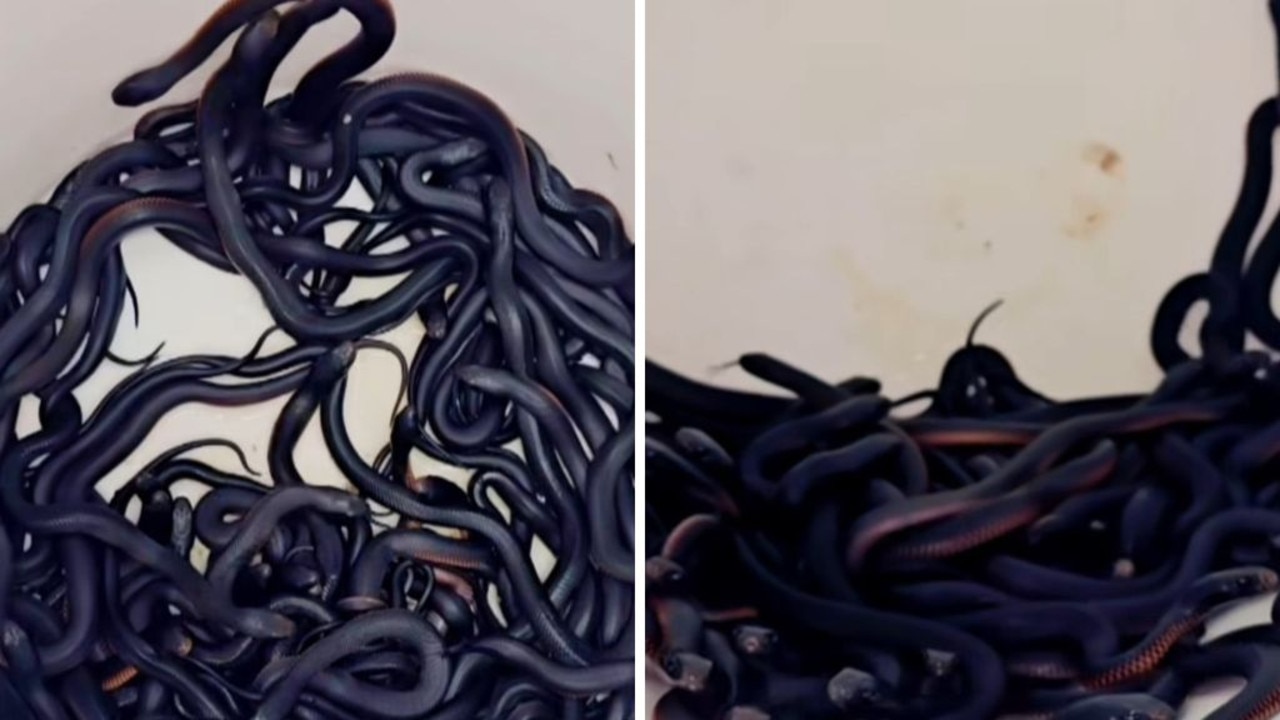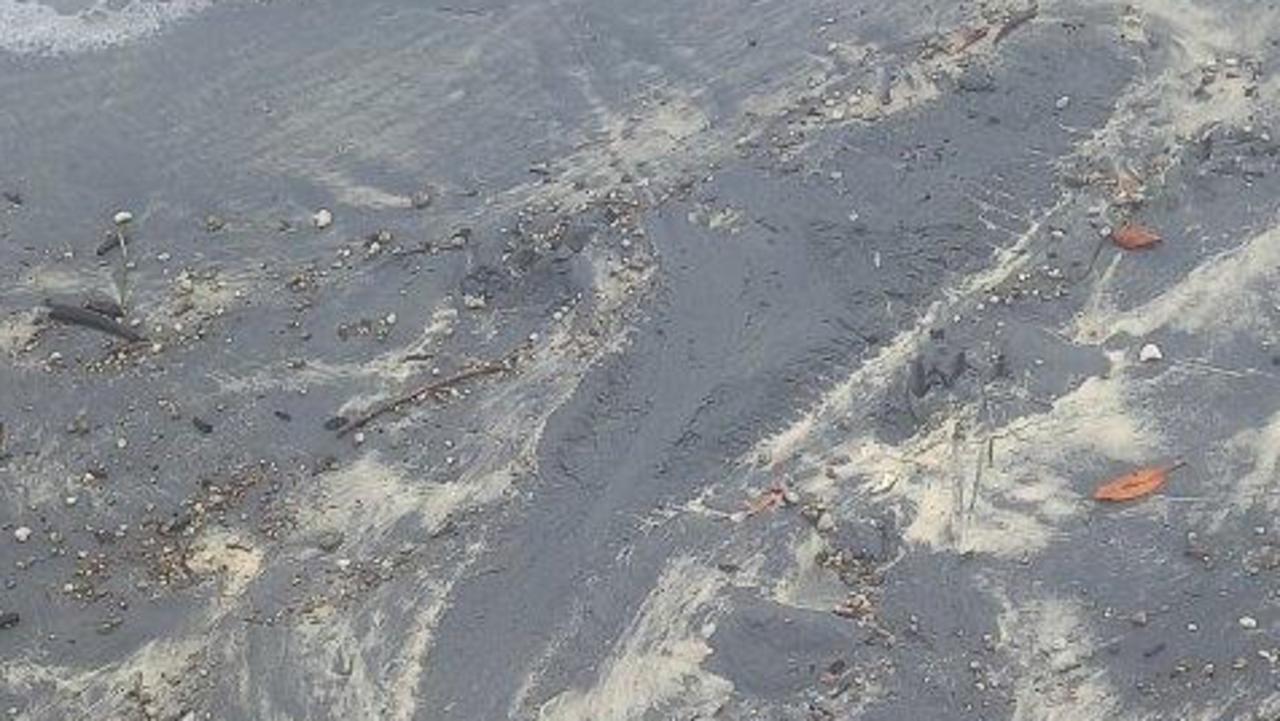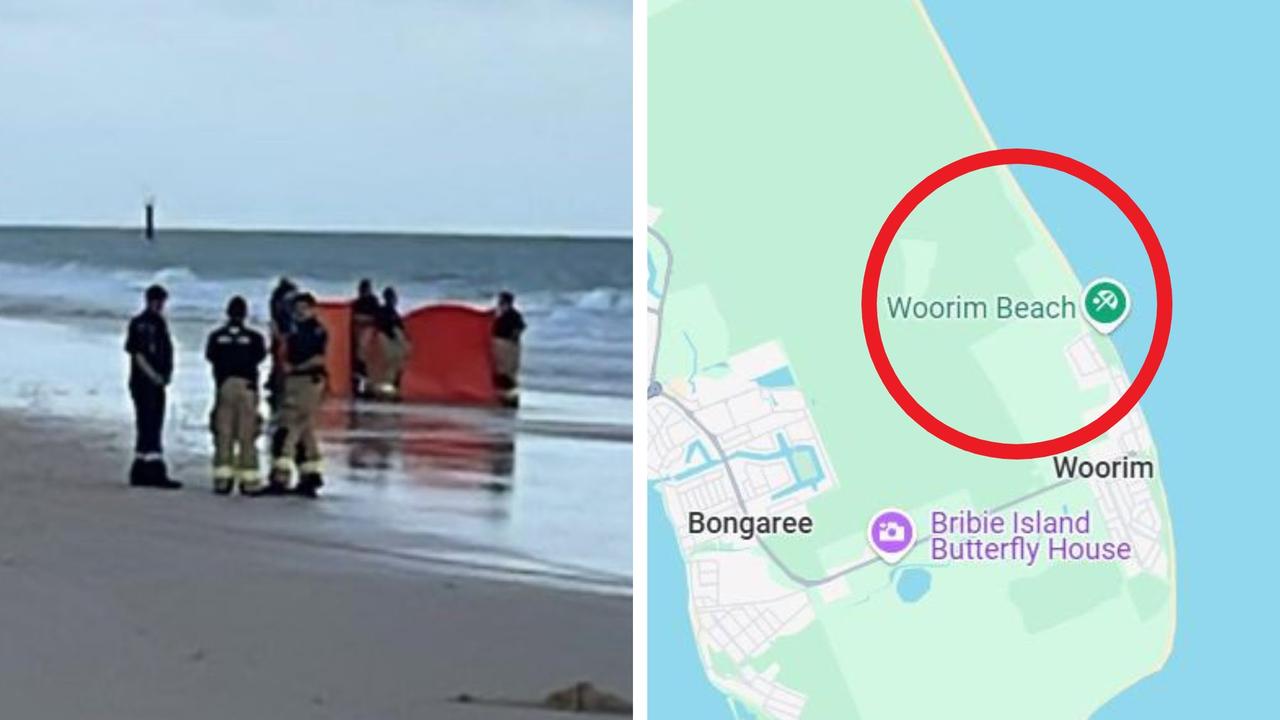Hundreds of African elephants mysteriously dead in Botswana
Hundreds of elephants have suddenly died in a “conservation disaster” for the vulnerable population. WARNING: Graphic images.
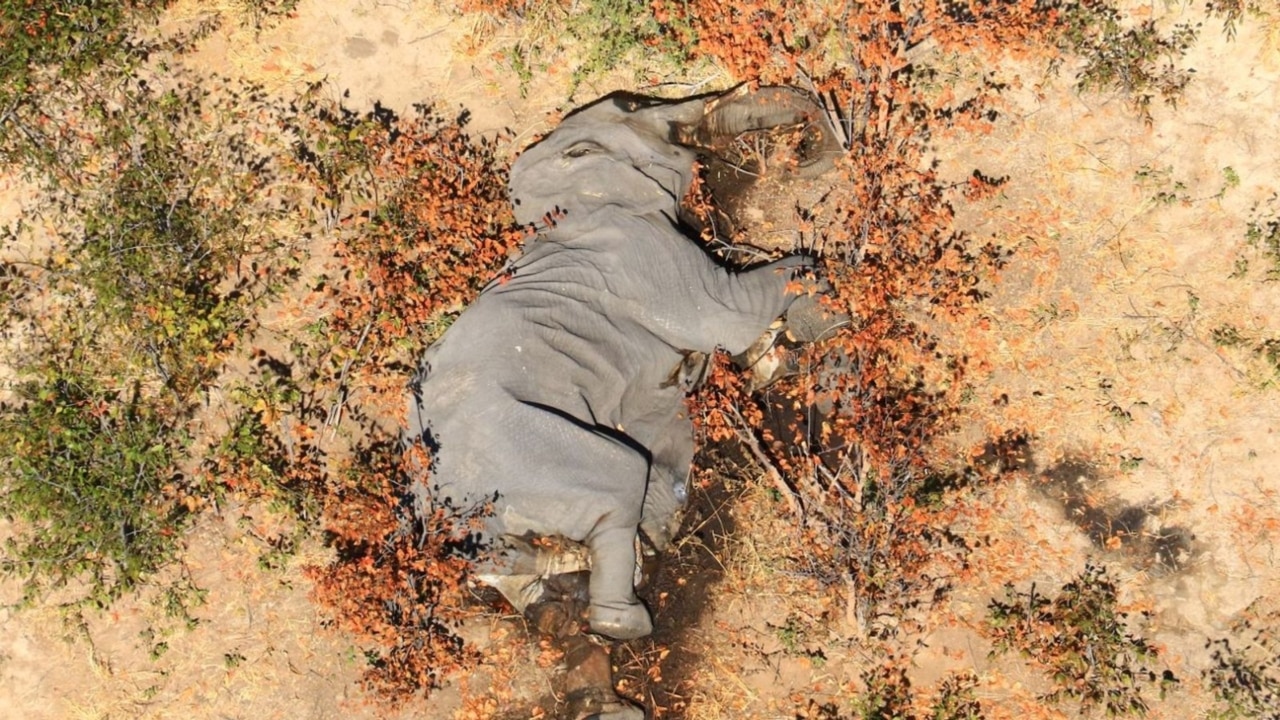
WARNING: Graphic images
Hundreds of elephants have died in the African country of Botswana in the past two months and no one knows why.
The threat of poachers has been long established in the region but there are greater fears of a disease spreading through the elephant population, and concerns it could make the jump to people.
More than 350 elephants are thought to have died since May.
RELATED: Gruesome new threat to our frogs
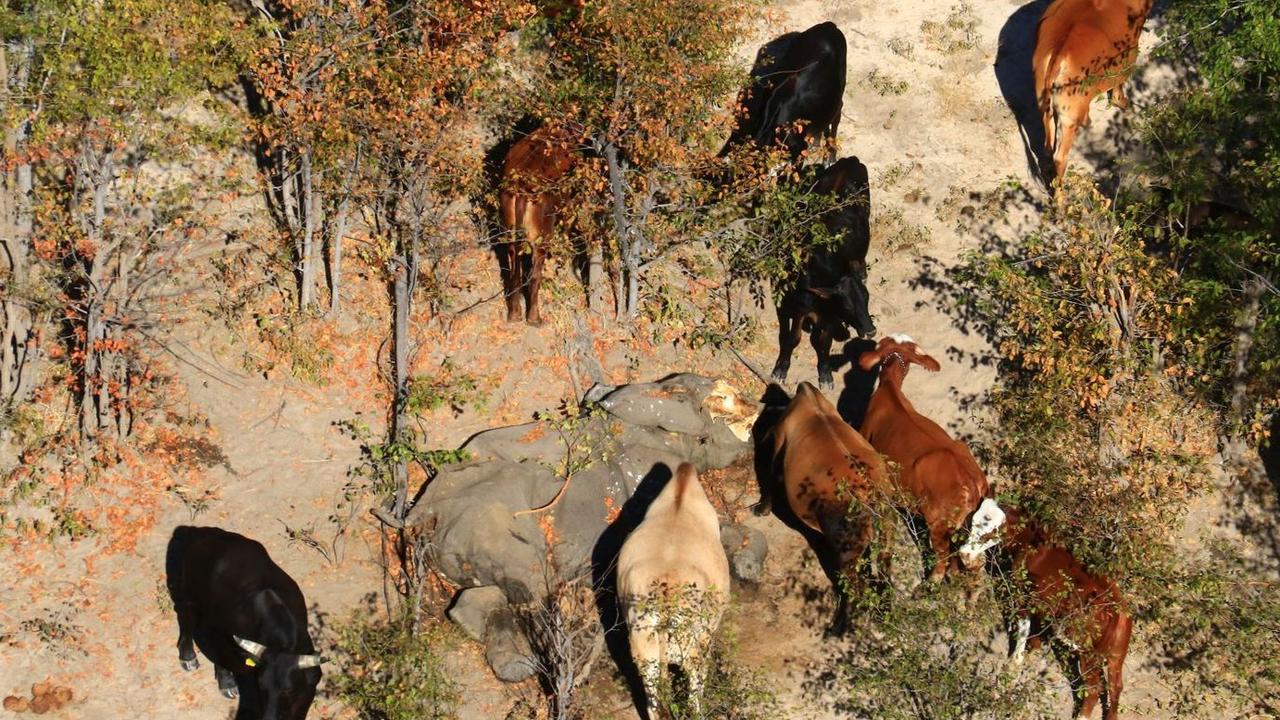
RELATED: Famous gorilla killed by poachers
RELATED: Car-sized crocs that roamed Earth
The Botswana government has sent samples from the dead animals to be tested but the results are yet to come back, and could still take several more weeks.
It has ruled out poaching already because the dead elephants still had their valuable ivory tusks.
In October last year, a suspected anthrax outbreak (as well as drought effects) killed more than 100 elephants in Botswana.
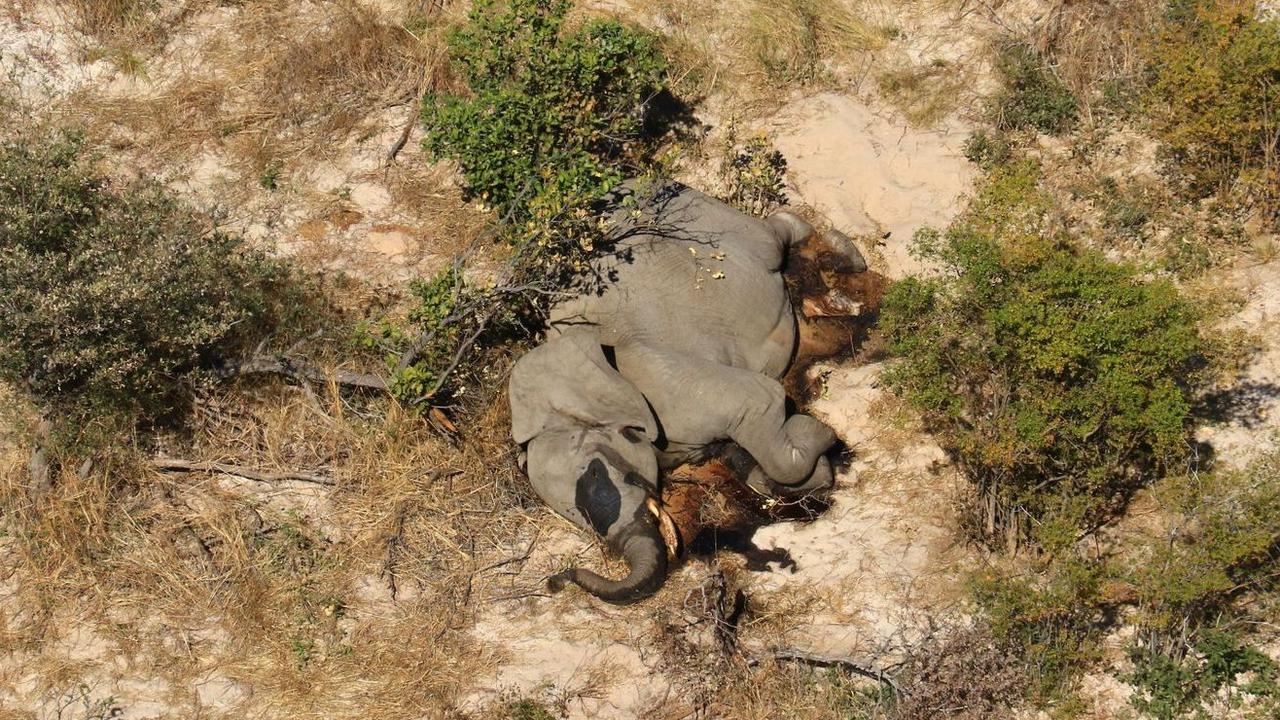
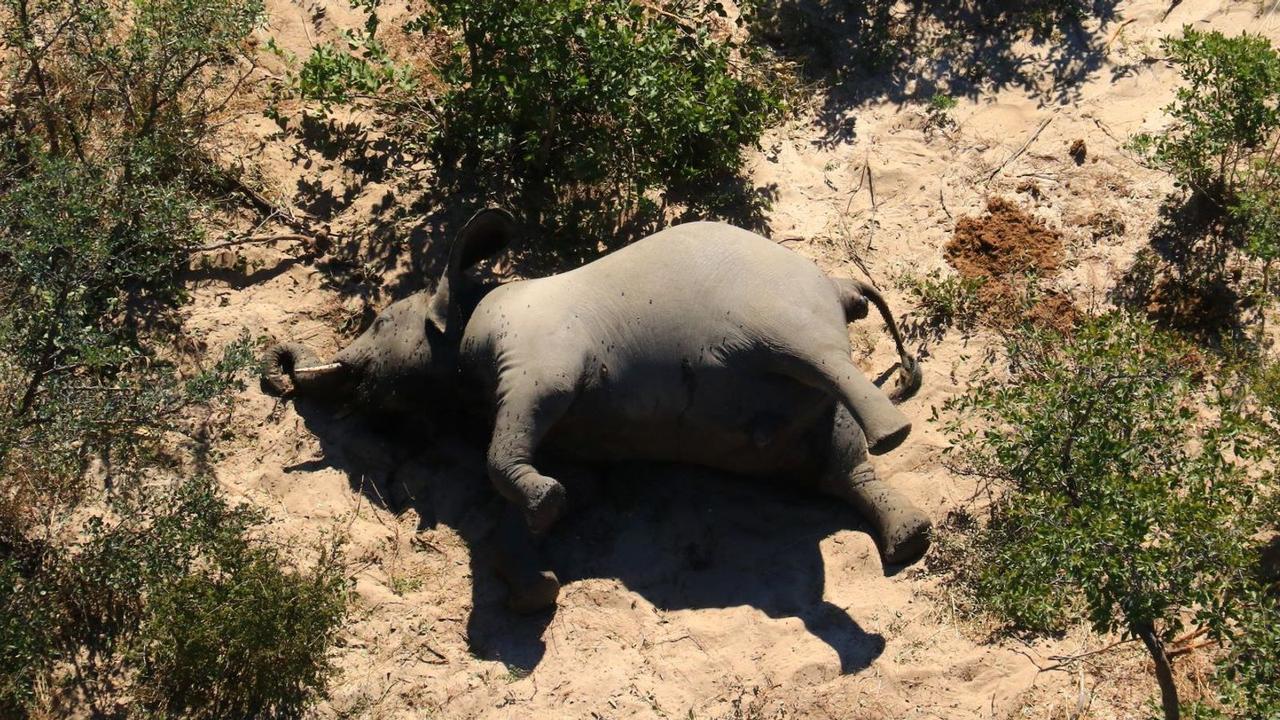
RELATED: Big cat caught on camera in Victoria
Explorer and conservationist Dr Niall McCann told the BBC colleagues in the region had spotted the first of the new carcasses in Botswana’s Okavango Delta.
They observed 169 dead elephants during a three-hour flight over the area.
“This is totally unprecedented in terms of numbers of elephants dying in a single event unrelated to drought,” Dr McCann told the broadcaster.
He added there could be something attacking the elephant’s neurological systems, suggested by the fact many of the dead elephants were observed dropping onto their faces.
Other elephants had been observed walking around in circles.
RELATED: Elephant dies after being fed explosives
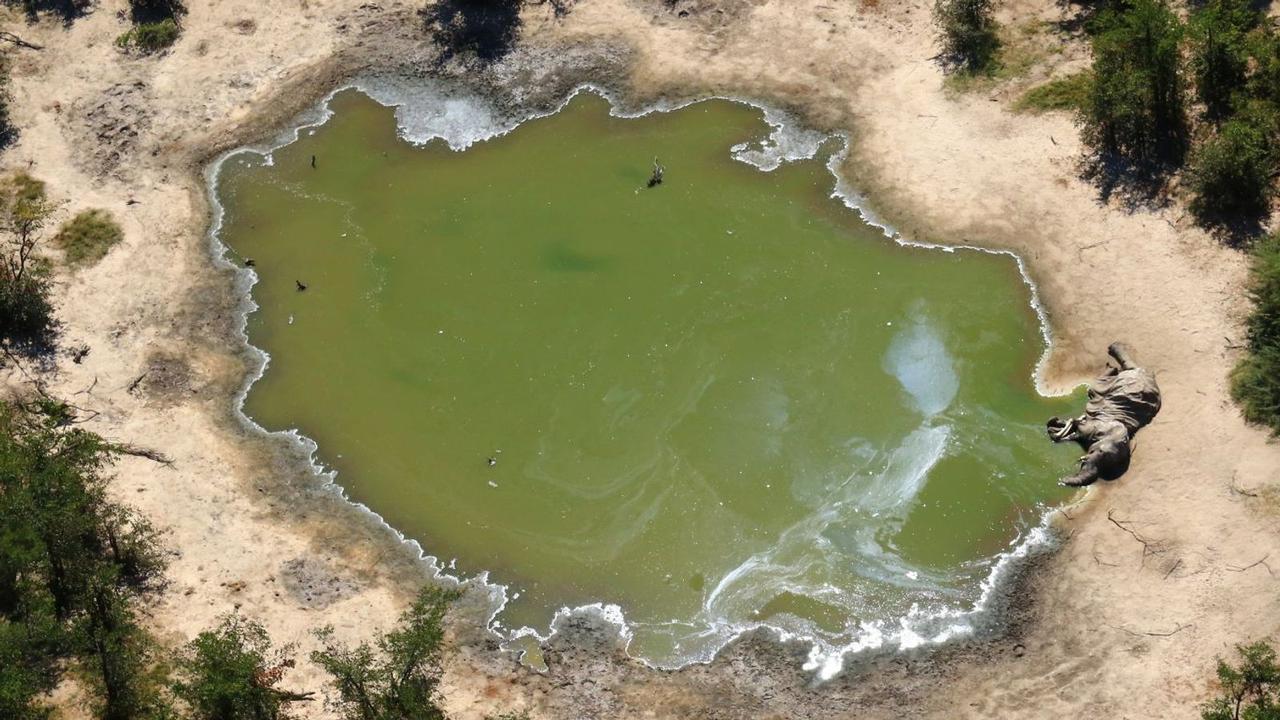
Until the tests come back there’s no way to say for sure why the animals were dying, meaning scientists are unable to rule out the possibility of a disease in the elephants, potentially borne out of the water and soil.
It’s believed the novel coronavirus that causes COVID-19 spread to people from animals.
“Yes, it is a conservation disaster — but it also has the potential to be a public health crisis,” Dr McCann said.
According to the World Wide Fund for Nature (WWF), there are only around 415,000 African elephants remaining.
Around a third of them are thought to live in Botswana.
In February, Botswana controversially auctioned off licenses to hunt elephants, but the hunting season that was meant to begin in April has been put on hold because of the pandemic.

